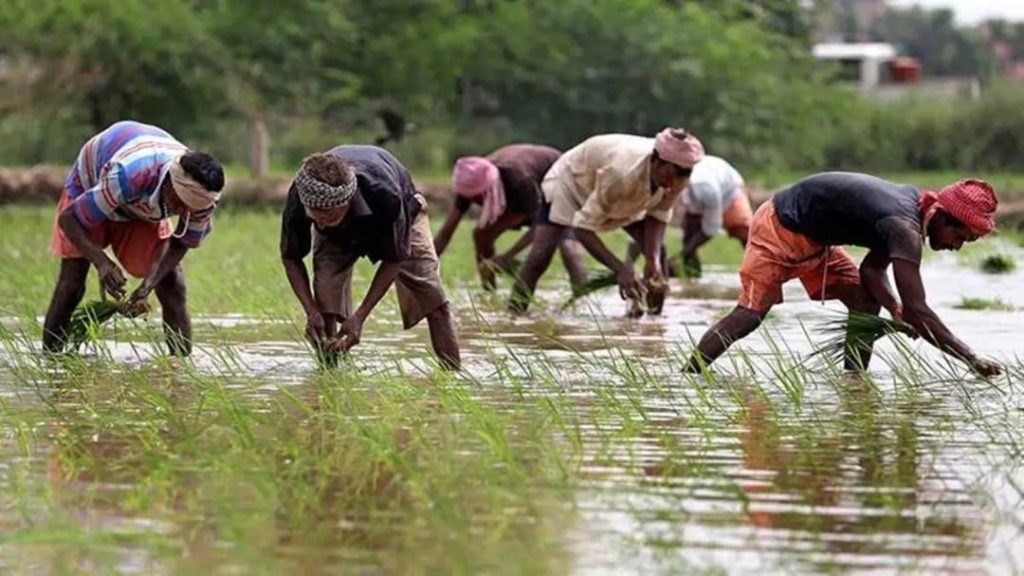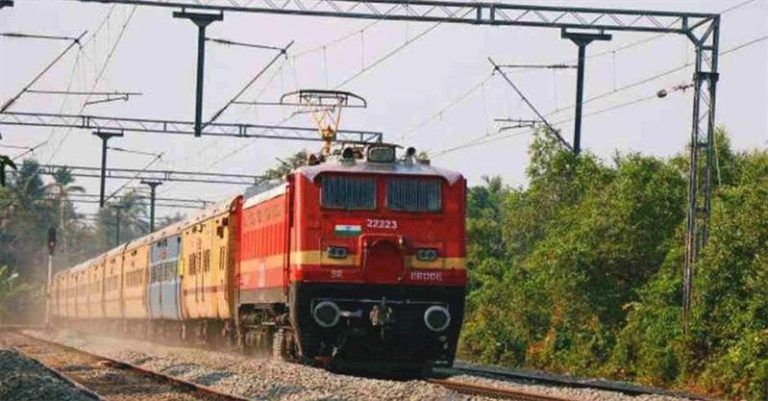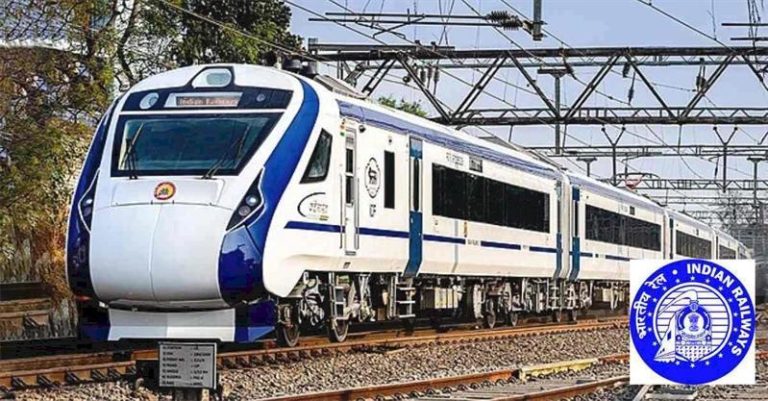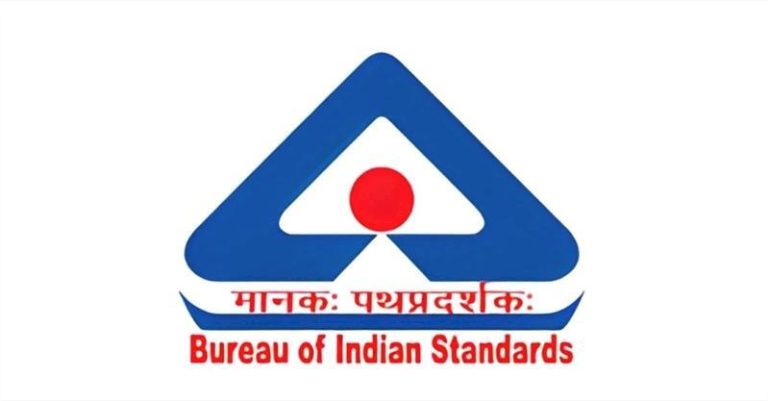
Around 10 Crore PM-KISAN Registered Farmers to Get ₹2,000 by June
The Central Government’s flagship scheme, PM Kisan Samman Nidhi Yojana (PM-KISAN), has been a significant boon for Indian farmers. Launched in 2019, the scheme aims to provide financial assistance to small and marginal farmers. According to the latest reports, around 10 crore farmers associated with the PM-KISAN are expected to receive the next instalment of ₹2,000 in early June 2025.
As per the scheme, eligible farmers receive an annual financial assistance of ₹6,000 in three equal instalments of ₹2,000 each. The first instalment is disbursed in December, the second in April, and the third in October. The scheme is designed to provide a financial safety net to farmers, helping them to stay afloat during periods of low crop yields or crop failures.
The PM-KISAN scheme has been instrumental in improving the financial well-being of farmers across India. The scheme has benefited over 9.5 crore farmers since its inception, with the government releasing a total of ₹1.75 lakh crore till date. The scheme has been praised for its simplicity, ease of implementation, and timely disbursal of funds.
To receive the instalment, farmers are required to complete the eKYC (electronic Know Your Customer) process. The eKYC process involves verifying the farmer’s identity and bank account details. The government has made it mandatory for farmers to complete the eKYC process to ensure that the instalment is credited directly into their bank accounts.
The PM-KISAN scheme has been praised for its effectiveness in providing financial assistance to farmers. The scheme has been particularly beneficial for small and marginal farmers who often struggle to make ends meet. The scheme has also helped to reduce the financial burden on farmers, enabling them to invest in their farms and improve their productivity.
The PM-KISAN scheme is part of the government’s broader efforts to improve the agricultural sector. The government has announced several initiatives to improve the agricultural sector, including the increase in the minimum support price (MSP) for crops, the introduction of crop insurance schemes, and the establishment of agricultural markets.
The government has also been working to improve the infrastructure in rural areas, including the construction of roads, irrigation systems, and storage facilities. The government has also been promoting the use of technology in agriculture, including the use of drones, artificial intelligence, and machine learning.
The success of the PM-KISAN scheme has set a benchmark for other government schemes. The scheme has demonstrated that with proper planning, implementation, and monitoring, government schemes can have a significant impact on the lives of citizens.
In conclusion, the PM-KISAN scheme has been a significant success, providing financial assistance to over 9.5 crore farmers across India. The scheme has been instrumental in improving the financial well-being of farmers, and its impact is expected to be felt for years to come. As the government continues to work towards improving the agricultural sector, it is likely that schemes like PM-KISAN will play a vital role in achieving this goal.






